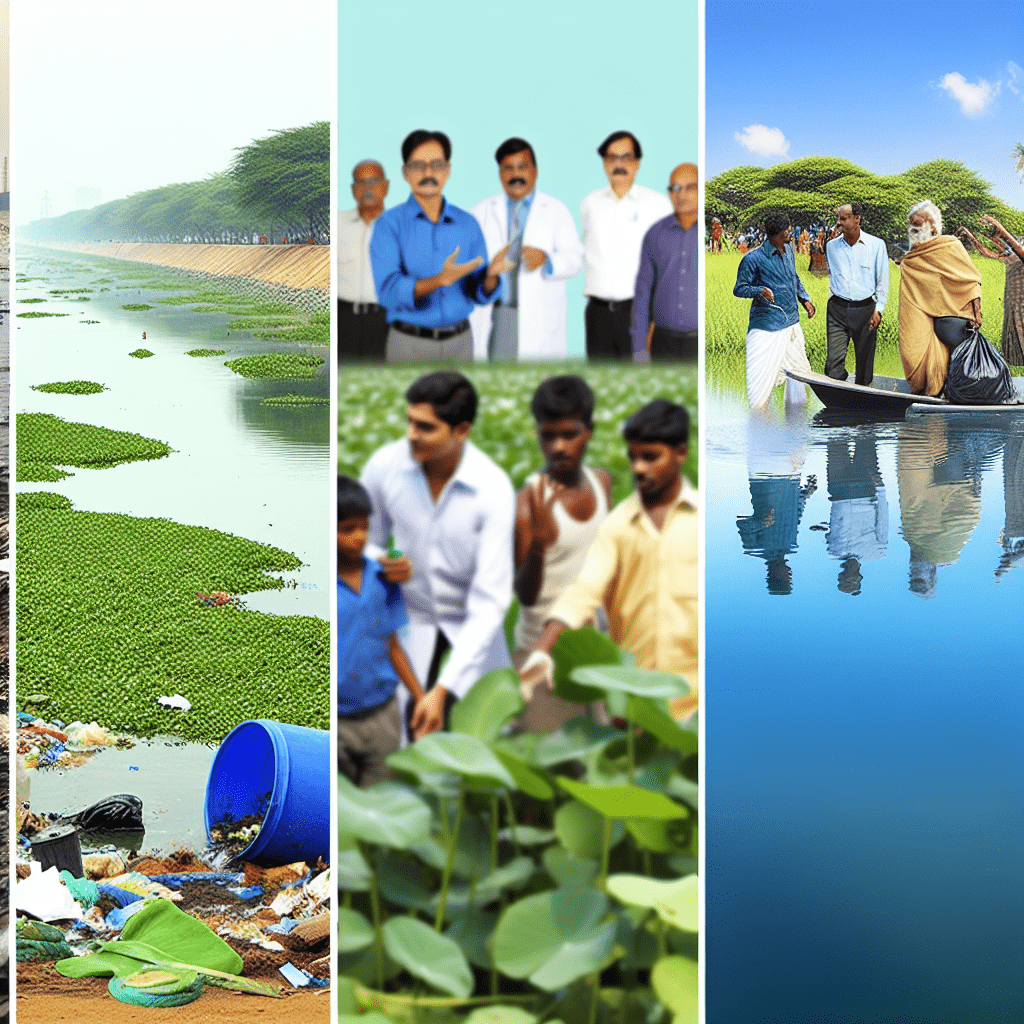”
Blessed with an array of water bodies, India engages in an arduous battle against significant water quality issues. This article delves into these challenges, their underlying causes, and suggests potential strategies leading to a cleaner, safer water supply.
Core issues of India’s water quality concern stem from industrial pollutants, agricultural runoff, insufficient wastewater treatment, and the increasing implications of climate change.
Predominant pollutants in India’s waters include harmful heavy metals, potent industrial effluents, untreated sewage, and an excess of nutrients, resulting in devastating algal blooms. These pollutants pose major health risks, disrupt the fragile balance of aquatic ecosystems, and stress the limits of water treatment facilities.
While policies such as the National Water Policy and the Environmental Protection Act form the regulatory framework for water management, ongoing water quality challenges underscore the urgent need for comprehensive, sustainable strategies.
Addressing water quality in India calls for stricter regulations on industrial and agricultural pollutants, significant investment in advanced wastewater treatment facilities, a stronger emphasis on sustainable farming practices, and the development of climate-resilient water management strategies.
Additionally, investment in public awareness and education is key to this journey. Nationwide campaigns focused on water conservation, pollution prevention, and emphasizing the necessity of clean water can incite valuable behavioural change at the societal level.
In conclusion, although the path towards improved water quality in India seems daunting, it is not unattainable. Through the robust implementation of policy, technological advancements, and widespread public participation, India can transition from troubled water bodies to a future of nourishing springs.
By FountainGO!

